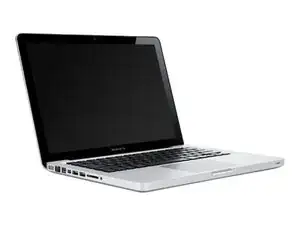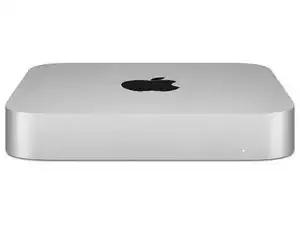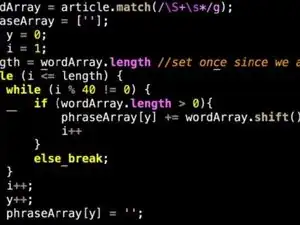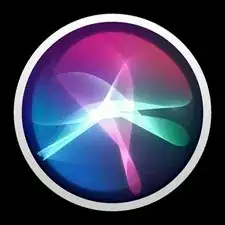Introduction
This quick guide will explain what is OpenCore Legacy Patcher, and how it works.
-
-
Okay, what is OpenCore? And how will it make my Mac better?
-
Essentially, the OpenCore Legacy Patcher allows for easy installation of macOS on unsupported Macs
-
-
-
OpenCore only works on these Mac models: and it must require OS X 10.10 (Yosemite) or later.
-
MacBook 5,1 (Late 2008, Aluminum) or newer.
-
MacBook Air 2,1 (Late 2008) or newer.
-
MacBook Pro 4,1 (15-inch Early 2008) or newer.
-
Mac Mini 3,1 (Early 2009) or newer.
-
iMac 7,1 (Mid 2007)* or newer. The 2007 models require the CPUs to be upgraded to a Penryn CPU.
-
Mac Pro 3,1 (Early 2008) or newer.
-
Xserve 2,1 (Early 2008) or newer.
-
-
-
OpenCore does not patch any files on the operating system that require booting. The only patching that OpenCore will do is "root patching", which simply makes the Mac feel more like a Mac. We'll understand this a bit more later on.
-
Now please move on to the next guide:
5 comments
One problem I've seen with the tool is as soon as you start it, OCLP will want to patch the system you're on, whether you wanted that one patched or not. If you've previously used that system to build an installer for a different machine, it wants to install itself and then reboot your machine. Once it's running, if it has an issue with your current confioguration, it gives you NO way to exit the application. And it doesn't appear to have a way of clearing out or resetting any residual configuration.
All of this could be readily addressed, except there is no way to report an issue on Github, and their Discord community DEMANDS your cell number (no one gets my cell number except family members). So there is no way to get this bug fixed.
I must say, I have not seen this issue with OpenCore, but I will check into this.
Also, reporting information to Github is impossible. I tried it even by doing everything "correct." I still could get to forum, nor could I report a bug. I gave up there. It would be nice if this was easier.
Jadon -
Seems that if you hit this bug you have to dig through the "Library" settings for your user and remove any files/directories for OpenCore and dortania. I don't remember if there was anything else as well, but eventually got that working.
NOW my major problem with the iMac is it will only get part way through the install of any of the newer MacOS releases, and completely hang somewhere between 30%-50% of the way into loading the install. And it's not just MacOS either; Fedora39 also hangs around 30% (MSWin10 would crash/reboot before it even finished copying over it's installer files). This may end up being a parts machine (or I'll remove the guts and make it a monitor-only unit).
I have a few questions regarding OCLP that maybe someone can answer:
1- How to report an issue to the dev team as a regular user?
2- What will become of OCLP once the D at Apple decide to remove support for intel-based machine?
Thanks
Hey there. I would be happy to answer your questions.
So, reporting issues to GitHub is nearly impossible. I have tried everything from going on as a guest, adding a user account, joining the team, and I still can’t figure out why they make it so hard to report issues. So, if you have any issues with OpenCore, feel free to report them here, or simply ask a question.
As for the future with Apple Silicone and Intel-Based Macs… no one really has a straight answer as of now. I do have a theory regarding what will happen.
1. Someone is going to have to figure out how to add kexts into macOS so it will run applications on Intel-Based, even if the apps are for Apple Silicone.
2. When the Apple Silicone loses support (i.e. the first M1) my guess is Apple will blacklist it from updating, so OpenCore will have to spoof the model in order to update.
If something does happen in the upcoming WWDCs and Apple eventually removes all support for Intel-Based Macs, my guess is patching macOS will be very different.
Jadon -





